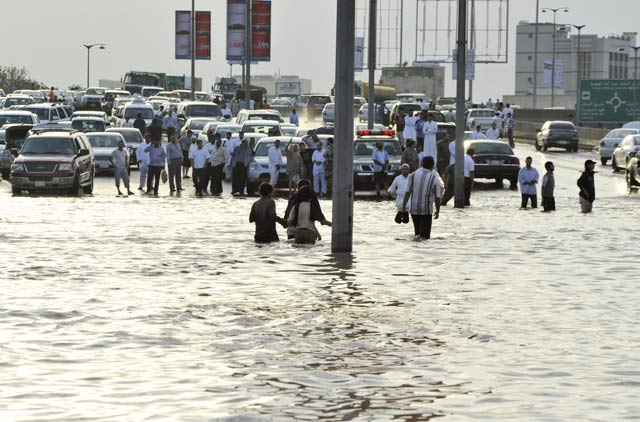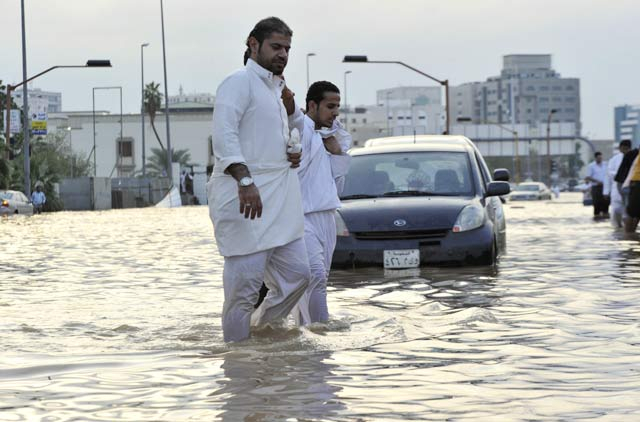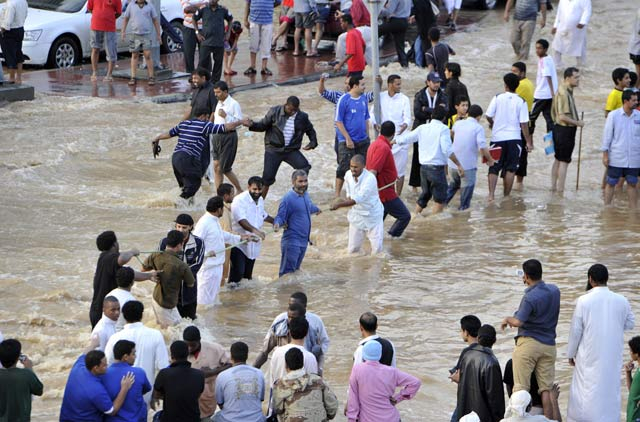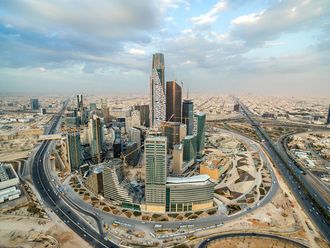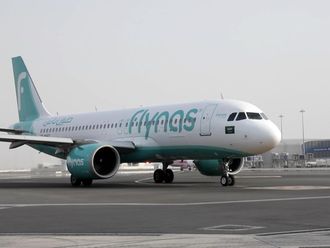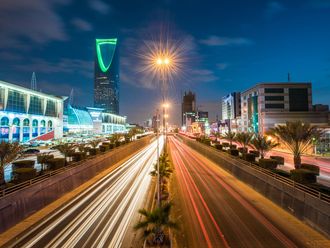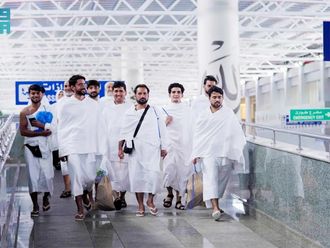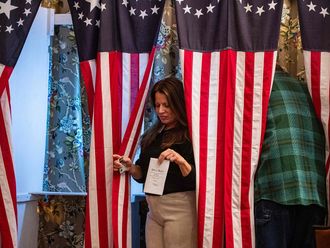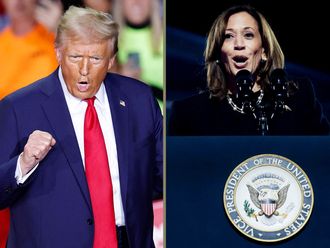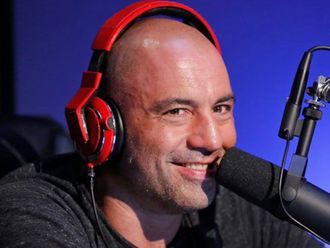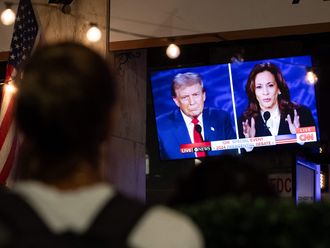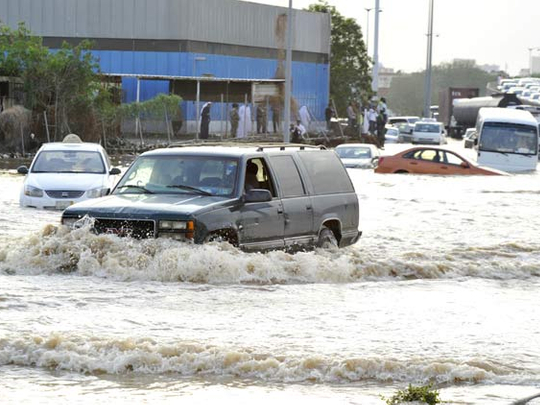
Jeddah: Torrential rainfall submerged streets and cut off electricity in parts of Saudi Arabia's second largest city Jeddah on Wednesday, raising fears of a repeat of floods in 2009 which killed more than 120 people.
The last floods triggered a rare public debate about weaknesses in infrastructure in the top oil exporter, one of the world's richest countries. Saudi Arabia is an absolute monarchy that has no elected parliament and tolerates no public protests.
On Wednesday, cars floated in streets turned into rivers, while putrid odours filled the air as sewage from underground tanks overflowed and mixed with flood water in the Red Sea port of four million inhabitants which has no sewage system.
Boats and helicopters searched flooded areas and residents said many people were unable to leave schools and workplaces.
Residents have long complained of neglect in the Gulf Arab state which has more than $400 billion in foreign reserves thanks to years of high oil prices.
King Abdullah, who is resting in Morocco after back operations in New York, ordered rescue operations to be stepped up, warning "anyone who may delay this order", state media said.
"The order is to be implemented now without delay, to provide aid to minimise this damage, especially since the rain is expected to continue for days," the king said in a decree.
Authorities urged residents to stay indoors but gave no immediate assessment of damage or casualties. A spokesman for the civil defence did not return repeated calls for comment.
"We are flooded. It's bad. The whole first floor of my house is filled with water and one of my couches is floating in the living room," said one woman in Jeddah.
"Why weren't we warned about this? There are helicopters rescuing people and cars floating in the streets," she said.
Until recently, Jeddah's waste water was dumped in an area in the middle of the desert which later developed into a large lake dubbed "Musk Lake" by locals because of its odour.
Only when the lake, which was equivalent in size to 340 soccer fields, had risen to 12 metres (39 ft) high, did King Abdullah order authorities to get rid of it. He also said after the last floods that officials would be held responsible.
Now municipality officials say the lake is empty and water waste is purified and used to water plants in the city.
"I really don't mind having my house flushed with water. I love rain," said a second Jeddah resident. "But I hate sewage and this is what we are dealing with. I can't stay in my flooded house. This is all diseased water."


